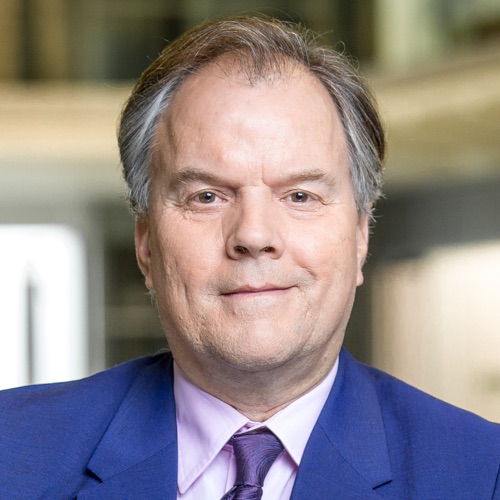Facebook: A kind of flash democracy
Friday posed a tough decision.
Should we stay in Washington DC and cover the beginning of that annual power huddle known as the G8 summit or head to Manhattan and report on the biggest IPO in history: Facebook’s launch on the NASDAQ.
We opted for the latter not just because the G8 leaders will be setting up laager in the dense forests around Camp David, well away from any prying eyes, demonstrators or even curious reporters to work out if and how they can save the Euro from self mutilation.
And although Mark Zuckerberg and his fellow billionaire geeks will be toasting their new found riches with cans of red bull and soya lattes in Palo Alto on the other side of the country at least we can watch it all online.
But the fact that both events happen to coincide on the same day offers an interesting study in contrasts, one that touches on a telling contradiction in today’s world.
The Facebook IPO embodies the power of the Internet like few things that have come before. And I am not just talking about the 104 billion dollar valuation before the first share has even been traded. Facebook is not just a destination on the Internet.
It aims to become its landscape or ecosystem, offering us the web equivalent of roads, rivers and bridges without which we could not navigate our way around cyberspace.
This is one of the scarier aspects of the power of Facebook.
The other is that Mark Zuckerberg, the Geek God billionaire in a hoody will control 56 per cent of Facebook’s voting shares.
Not even Bill Gates enjoyed such personal power when he floated Microsoft.
The Murdoch family own just over a third of News Corp.
And yet Facebook is also the sum of its 900 million users and counting.
In terms of numbers it represents the third largest nation on earth after China and India without the encumbrance of national borders or taxes.
Facebook is a kind of flash democracy.
And even Mark Zuckerberg knows that his journey from Harvard dorm to global domination in less than a decade is based on the fickleness of “friends”.
Facebook users can always vote with their clicks, migrate to other sites, unfriend.
Just ask Myspace. Facebook nation represents the empowerment of the Internet generation.
When the company has encountered problems over privacy or advertising or indeed challenges from potential competitors like the photo sharing site Instagram it has so far reacted fast, always keeping one eye on the ever present potential for extinction.
And now head into the forests of the Catoctin Mountains north of Washington DC, home to Camp David, where leaders terrified of their own electorates have come to huddle this weekend.
It will be the world’s best protected camp site. All these campers – with the partial exception of Russia – also represent democracy.
They are here to do the bidding of the people who put them in power.
And yet they have so far been unable to muster the leadership or solutions that could save the world economy from another disaster.
Over roasted marshmallows and forced camp fire jollity they will argue about the competing virtues of austerity versus growth, even though it has become obvious by now that the only viable recipe is a mixture of the two.
Debt reduction coupled with policies that stimulate growth.
Soldiering on the path to excessive austerity will only lead to more recession and irate voters opting for increasingly extreme parties on the right and the left.
The recent elections in Europe were just a taste of things to come.
Pumping too much money into bottomless Greek or Italian pits will incur the wrath of markets. That is today’s Scylla and Charybdis.
What happens at Camp David is less glamorous, fun and fruitful than today’s baptism of under-aged Facebook billionaires on the NASDAQ.
But ultimately it could have far more wide-reaching consequences. Perhaps we should have stayed in the forests north of Washington after all.
Follow @mattfrei on Twitter.

